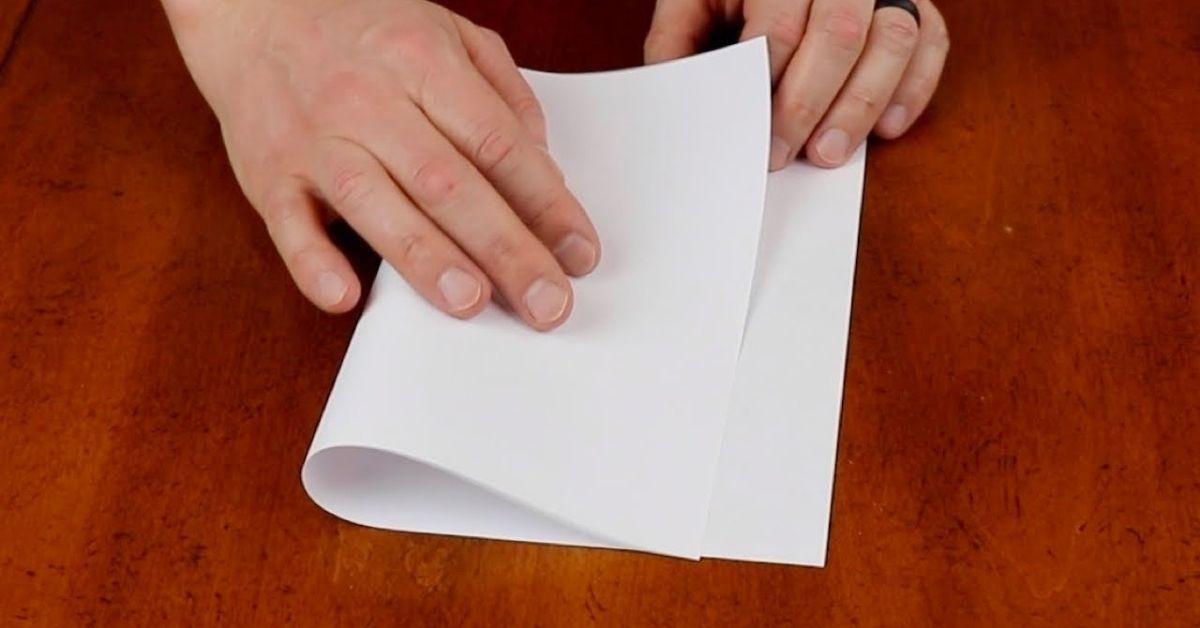FlipFact of the Day: Picture this: You’re sitting quietly on a bench, enjoying the first few sips of your icy slush beverage. All of a sudden, a sharp, stabbing pain hits you in the forehead. You’ve just experienced sphenopalatine ganglioneuralgia, the scientific term for a cold-stimulus headache or ice cream headache. (It also happens to be just as much of a headache to pronounce).
The cause of brain freeze may seem like a no-brainer, but scientists actually aren’t sure exactly why it happens. They do have a few solid theories, though, and all of them point to the same conclusion: Your body really, really doesn’t like sudden changes in temperature, and will make absolutely sure that you know it.
The most likely explanation, according to experts: Ingesting a large amount of anything cold in a short period of time drops the temperature of the roof of your mouth (your palate) significantly. This, in turn, makes the blood vessels located near the back of your throat (including the internal carotid artery and the anterior cerebral artery) constrict automatically.
Another possibility: Sudden exposure to intense cold activates the trigeminal nerve, which sends a signal to the blood vessels inside your head. As a response, they tighten momentarily, and then quickly widen. And yes, the resulting feeling is just as unpleasant as it sounds.
Either way, an ice cream headache is your body’s way of telling you to take it easy with the chugging.
Fortunately, you don’t need a doctor to deal with an ice cream headache, as it’s usually not a serious condition. As soon as brain freeze hits you, firmly press your tongue to the roof of your mouth. This will transfer heat from your tongue to your sinuses, which will warm your nerve bundles. Keep your tongue in that position until the pain disappears completely.
Alternatively, to avoid having to deal with the pain in the first place, you could just… you know, consume your cold treat slowly.
Still remember your 5th-grade science classes? Test your knowledge and see if you still remember these facts and fundamental concepts in human anatomy, biology, botany, and other branches of science. Click here to try the “Are You Smarter Than A Pinoy Fifth-Grader” Challenge.
Follow the hashtag #FlipFacts on Facebook and Instagram to get your daily dose of science trivia!
References
- https://www.livescience.com/64131-brain-freeze.html
- https://www.healthline.com/health/sphenopalatine-ganglioneuralgia-brain-freeze#causes
- https://www.medicalnewstoday.com/articles/244458.php#research
- https://www.hopkinsmedicine.org/health/conditions-and-diseases/how-to-ease-brain-freeze
- https://www.sciencedaily.com/releases/2013/05/130522095335.htm
Author: Mikael Angelo Francisco
Bitten by the science writing bug, Mikael has years of writing and editorial experience under his belt. As the editor-in-chief of FlipScience, Mikael has sworn to help make science more fun and interesting for geeky readers and casual audiences alike.







